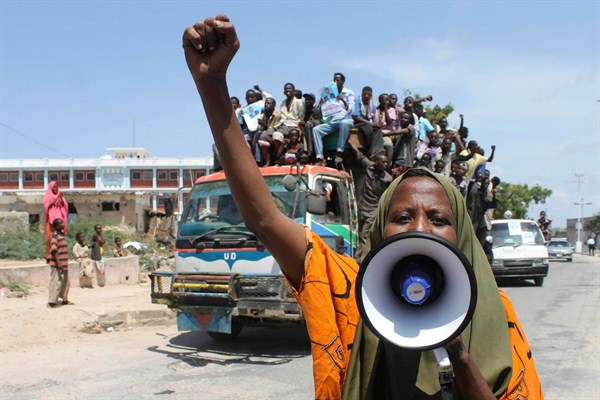Voting has finally begun for the upper and lower houses of Somalia’s Federal Parliament after several delays. While both houses are due to elect a new president on Nov. 30, security and logistical challenges mean the presidential election is also likely to be postponed. In an email interview, Kenneth Menkhaus, a professor at Davidson College, discusses Somalia’s elections.
WPR: How are Somalia’s elections structured, in terms of eligible voters, candidates, political parties and affiliation, and what are the major blocs or factions contesting the election?
Kenneth Menkhaus: Somalia’s current elections are most accurately described as a form of indirect consociational democracy. They are indirect in that they rely on the casting of ballots by an electoral college composed of 14,025 people selected to vote on behalf of their clan constituencies. Direct elections were not possible due to a combination of widespread insecurity, especially the threat of violence by the terrorist group al-Shabab; the lack of a ratified permanent constitution establishing the nature of representation and the structure of elections; and innumerable logistical constraints of holding elections in a country that has yet to complete voter registration and finalize the formation of federal states. The Electoral College model was seen as the least-bad alternative under the circumstances.

